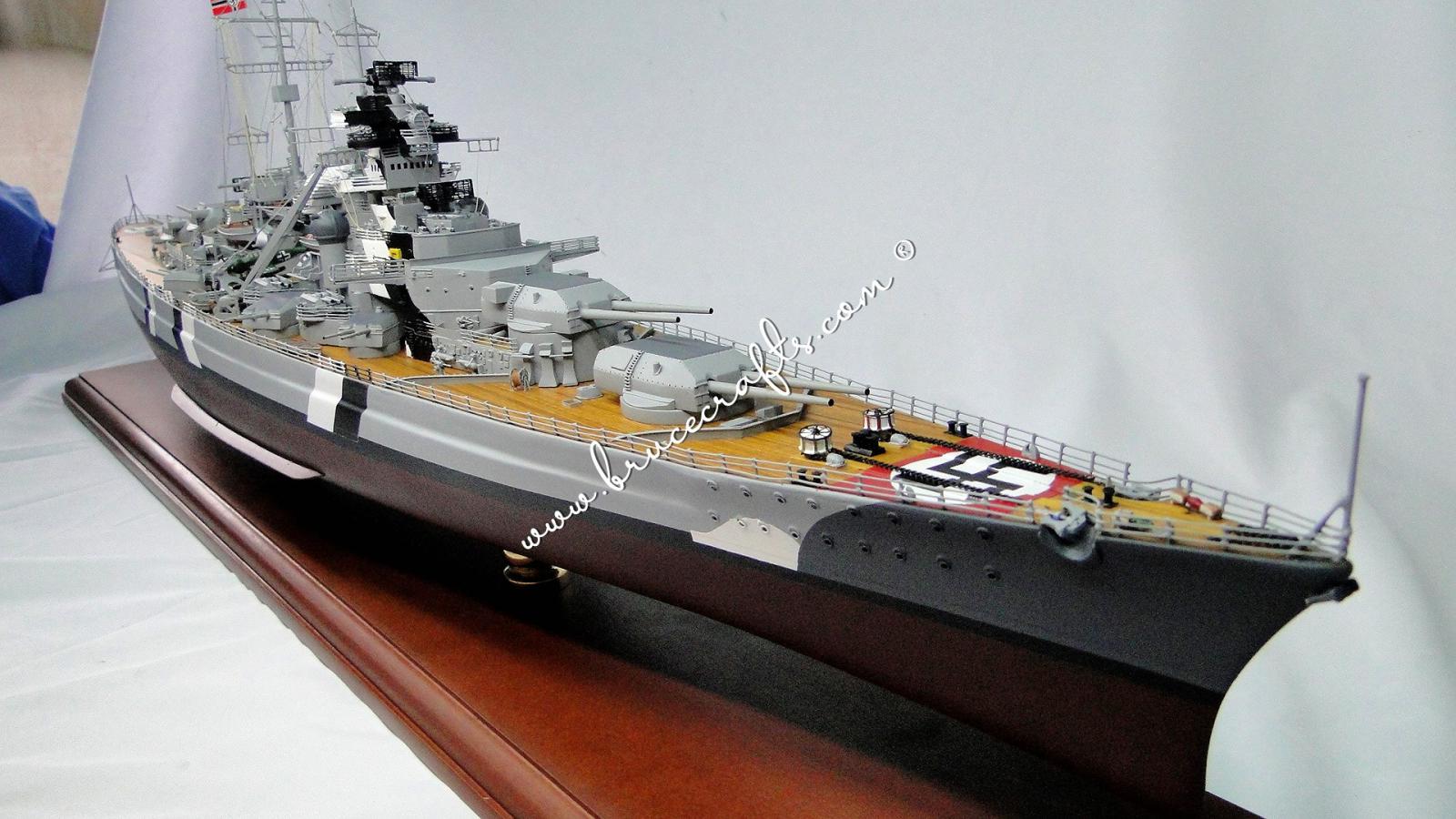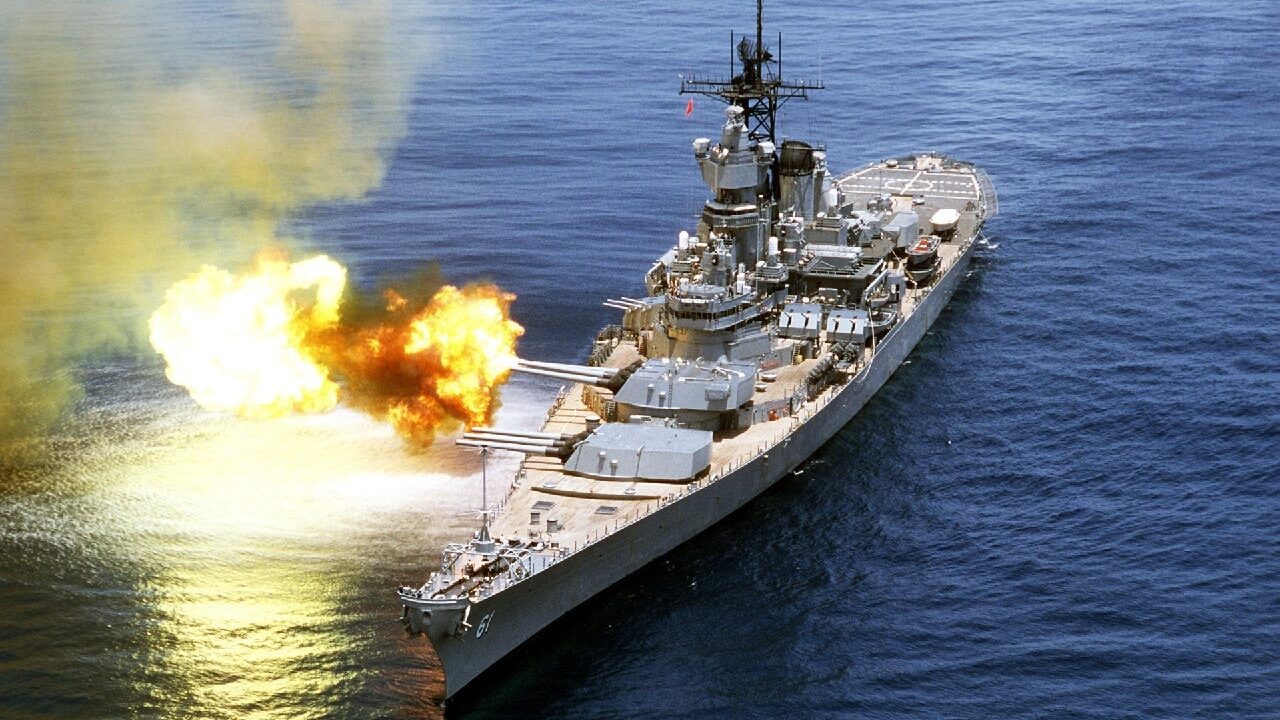Bismarck Class Battleship - Has been described in dramatic terms since she sank the "Pride of the Royal Navy," the battleship HMS.
It is widely regarded as the most powerful ship afloat, as well as the largest, fastest, and most protected ship in the world. However, how does that information hold up under close scrutiny?
Bismarck Class Battleship

The 1922 Washington Naval Treaty established a 35,000-ton limit for large ships, a limit that continued under the 1930 and 1936 London shipping treaties. Of the
Bismarck Mod By Tzoli On Deviantart
, larger than any modern warship built under the 35,000 ton limit. Although Germany did not sign the treaty, it was given the 35,000-ton limit under the terms of the 1935 Anglo-German Naval Agreement, a fact it chose to ignore. Of the
, completed in 1920, had an average of 42,037 tons, and compared to the size
Cruiser, built in 1943 and with a standard displacement of 48,425 tons, with two large Japanese ships in it.
Classes. It lay low in 1937 and 1938, when Japan withdrew from the treaty, and averaged 65,027 tons.
Meet Battleship Bismarck: The Most Powerful Battleship Ever?
The ships are equal to him in speed. Most if not all 35,000 ton battleships built after 1937 had the same level of armor protection. But based on it
The size and the difficulty of sinking her later by fire shells and torpedoes, it can be considered that she is more protected, perhaps as a result of the many parts of her body.
Firepower is a complex issue that includes factors such as fire instruments, gun length, muzzle velocity, rate of fire, depth of armor penetration, and explosive power. But a simple comparison of the power of different ships is usually based on the total weight of steel and explosives that can be delivered to an enemy ship and each wide to attack. It is measured by multiplying the weight of the main armor piercing gun by the maximum number of main guns an enemy ship can carry at any given time.

It could deliver only 14,112 pounds (6,400 kg) of steel and explosives to the enemy in a salvo from its eight 15-inch/47-caliber guns. In comparison, seven old American battleships of World War I vintage could deliver 15,300 to 16,800 pounds to the enemy and spreaders fired by their smaller but larger 14-inch guns.
Bismarck Class Battleship Png Images
The four Japanese battleships built during World War I carried 12 14-inch/45-caliber guns capable of firing a maximum weight of 17,820 pounds. The new thing
. Sure enough, their guns were 45 caliber (56 feet, 3 inches) long and the guns of
They were 47 calibers (58 feet, 9 inches) long, but their total number of holes was greater.
Of 1,248 to 1,480 pounds. Any of the 16 ships that fought in World War II and mounted 16-inch guns could weigh more than
German Kriegsmarine Super Battleship Kms Tirpitz (sistership Of Bismarck)
, was built in secret. These behemoths carried nine 18-inch/45 guns, the largest on a battleship, and they weighed more than twice as much.
In all, 35 battleships in World War II fired armor-piercing shells heavier than those fired by
, and 51 battleships could fire a larger group heavier than a German battleship. Almost any armor-piercing shell of 14 inches or greater in caliber can be sunk in
, based on their modifications, but had 72 percent more firepower than the German battleship. In a one-on-one contest, any US fleet should theoretically be able to defeat a
Bismarck 1940 Nazi Germany Battleship Ww2, The First Of Two Bismarck Class Battleships Built For Nazi Germany's Kriegsmarine. Named After Chancellor Otto Von Bismarck, The Ship Was Laid Down At The Blohm &
Although the Zeiss optics used on German submarines and other firefighting equipment were unmatched in quality, the U.S. binoculars and other specialized devices manufactured by Bausch & Lomb are considered to be of similar quality. Since these two ships used two-pronged mirrors rather than the split-screen type favored by the British, the use of not a biased comparison of US firepower. and German ships.
It's really puzzling why the Germans decided to go with eight 15-inch guns in four twin mounts for them.
It seems better to be armed with nine 16-inch guns than triple guns, as used in the
It had a speed of 32 knots, faster than modern battleships, but its hull was only 12 inches thick, which should have been enough to hold the 12-inch gun shot by the first group of battleships of the First World War. In contrast, the
German Bbn Bismarck Class, H 41 Bismarck By Silver 70chev On Deviantart
, only one exploded. The first shell hit the starboard side of the submarine without exploding and causing minor flooding. Two shells hit the upper works of the ship without exploding. One passed over the point of the compass, killing or wounding almost everyone in the area and destroying much of the equipment there, while the other struck the support for directing the advanced fire to the front, and expelling them.
The starboard crane was struck first, rendering it useless, and then exploded on the ship's deck, causing extensive damage to the stern, nearby ships, and various electrical vehicles in the area. nearby. Of the
, however, had no effect on the firing of its main guns. They kept up the pace despite coming under fire from the German battleship as well as her heavy cruiser partner.

, and his overall speed was reduced to one or two knots. The continuous shelling from two German battleships caused trouble
Battleship Bismarck Model Boat Kit
' guns, and the combination of circumstances in which both ships were hit and apparently unable to do any harm to the enemy caused the British fleet to turn away from the scene of action.
, two of the hits were under the sea and one went through the bow of the ship, so the British gunners did not see it. Among its main weapons and devices that remain the same, the
Is a professional analyst with experience solving problems related to complex military systems. In his books about World War I, the German empire was one of the Central Powers that lost the war. Half a century of land consolidation, the rise of the empire, the efforts of the Iron Ruler, and the results of many wars in the second half of the nineteenth century were completely wasted. At the end of the war, Germany was without a government. After many changes, a new Germany was born, the Weimar Republic. He lost all his colonies and about 10% of the motherland, which was distributed among the six victorious nations. Official German territory, the Rhineland zone was occupied by Allied forces for more than ten years under the Treaty of Versailles. German armed forces were subject to certain limitations. The economy of the country was destroyed by new wars and invasions, and in addition, it suffered from heavy payments to prosperous countries.
However, along with the U.S.S.R., Germany remained the largest country on the European continent, with an educated and working population. It can also be proud of the best education system in the world - at that time, Germany was considered the international language of science. The provisions of the Treaty of Versailles were considered by some to be unfair or unreasonable. More often than not, they are known as "choices". After the defeat in the Great War, many Germans felt the need to avenge their defeat and become a great nation again; history has shown many examples of the importance of a strong navy in becoming a powerful nation.
No Bigger Battle: America's Never Built Montana Class Battleship Vs. Hitler's Bismarck
At that time, many countries believed that the strength of the navy lay in its ships - the combination of almost indestructible armor and anti-tank guns, and some of the largest structures that man made, built to destroy everyone in their path. . Many countries wished for these powerful ships, but did not succeed because of the economy - this type of production would destroy their budgets. However, later, the National Socialist German Workers' Party came to power. On March 18, 1935, Germany officially denounced the Treaty of Versailles. In the summer of 1935, the first
These ships are of medium tonnage and relatively lightly armed, however, they are warships - often described by some experts as battle cruisers. After they laid down, the Anglo-German Naval Agreement was signed, which completely changed the limits on the development of the German forces. Henceforth, the tonnage of the German navy, excluding ships, did not exceed 35% of the British force in each class of ships. Unlike the previous restrictions, this provision allowed Germany to build its own ships - probably not more than the provision for economic reasons.
Finally, on July 1, 1936, at the port of the Blohm & Voss company in Hamburg, one of the largest ships in the world was laid down. Name it

The ship has remarkable characteristics: powerful weapons, double-guns with 380mm guns, speed of 30 knots, total length of 251 meters, three ships.
Full Size Printed Plans Scale 1:192 Tirpitz Class Bismarck Suitable Fo
Cobi battleship bismarck, bismarck battleship model kit, lego battleship bismarck, iowa class battleship vs bismarck, german battleship bismarck, cobi 4819 battleship bismarck, build the battleship bismarck, battleship bismarck model, battleship bismarck book, bismarck battleship models, bismarck rc battleship, battleship bismarck history

0 Comments